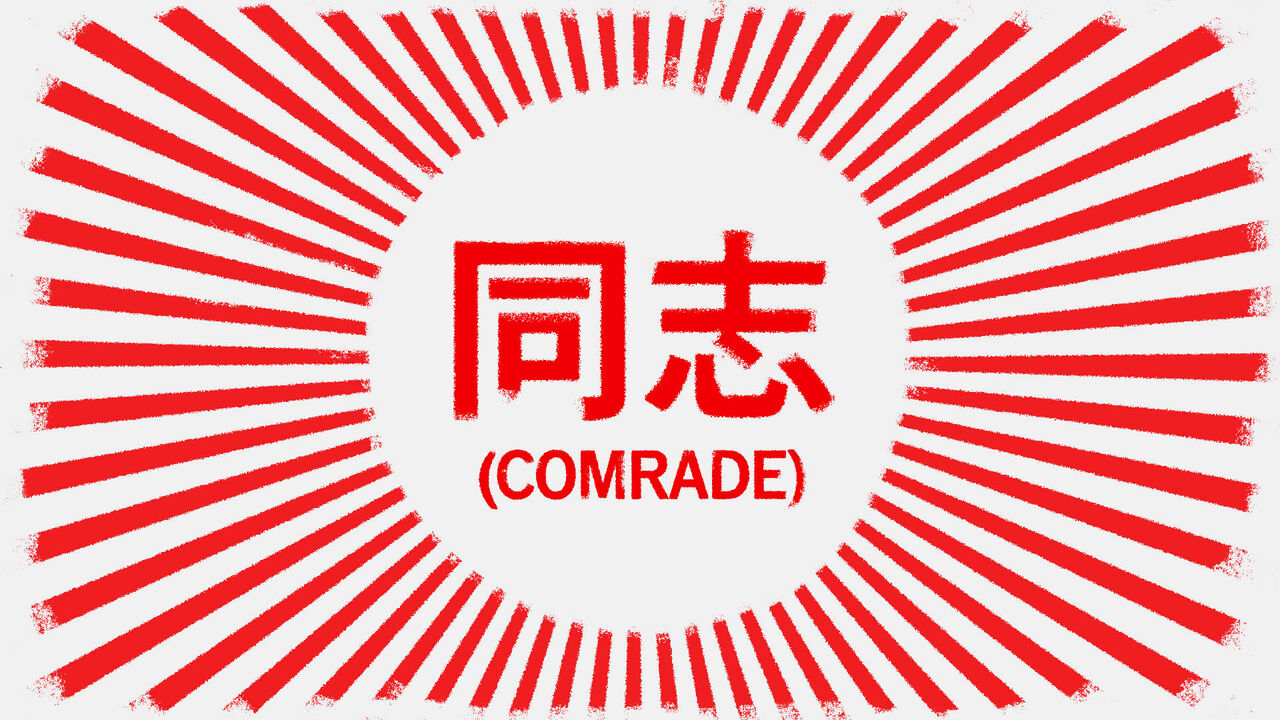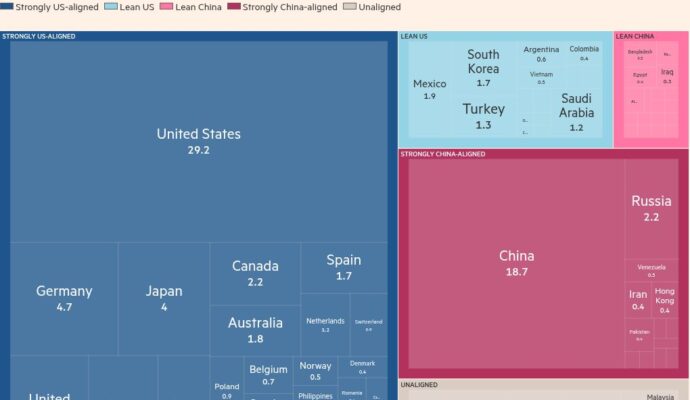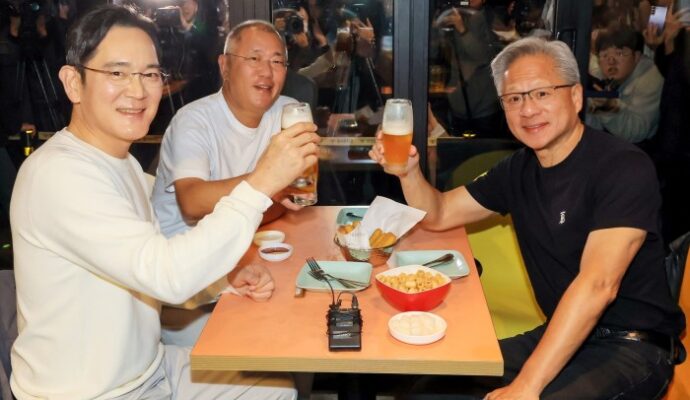
DURING THE decades when Mao Zedong ruled China, it was common for people to address each other as tongzhi: “comrade”. Like its English equivalent, the word has an egalitarian ring, as well as a hint of revolutionary fervour. But after Mao’s death in 1976, and the market reforms that followed, the term tongzhi started to feel a little dated. Less ideological greetings took its place: like xiansheng (“mister”), meinu (“beautiful woman”) and laoban (“boss”).
The Economist


